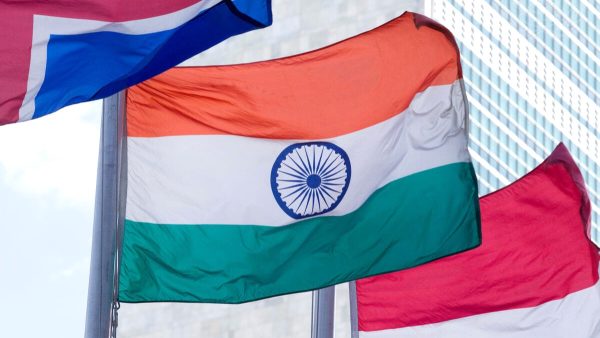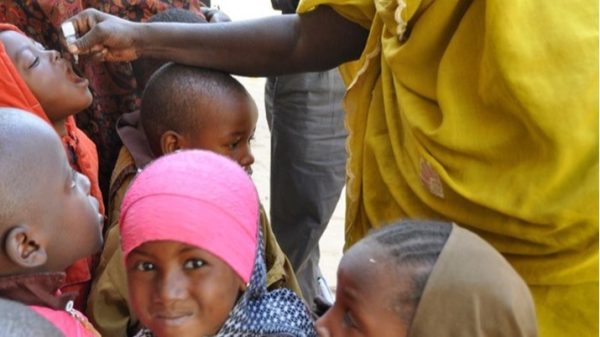
The Strategic Analysis Research and Training Center (START) was commissioned by the Bill & Melinda Gates Foundation (BMGF) to support the India Country Office (ICO) in conceptualizing an interdisciplinary research/consultancy partnership in India. This research request arose from conversations with START and BMGF leadership in Seattle, WA to fill a gap in short-term research execution and training in India that centers on public health implementation and knowledge generation, rather than manuscript development or specific field research projects. As such, this request was centered on the feasibility of developing a START-like model within the Indian context. We identified 3 key features of the START model that we wanted to highlight in an interdisciplinary model: student involvement, interdisciplinary short-term research and consultancy on a breadth of topics, and sustained funding. We used these 3 key features to guide discussions on the development of this model while simultaneously identifying existing models.
First, The START team conducted 8 key informant interviews (KIIs) to (1) understand the landscape and models of interdisciplinary research in India, (2) identify the need and gaps for interdisciplinary research in India, and (3) establish the facilitators and barriers to creating an interdisciplinary research collaboration model across Indian institutions. Following, the START team explored exemplar institutions and organizations identified by the key informants that are involved in interdisciplinary research across India. These organizations and institutions were selected as they are involved in interdisciplinary research within the health sector and have large, sustained funding models. These organizations skillfully partner with government agencies, academic institutions, non-governmental organizations, as well as national and international agencies to execute short-term projects and deliverables. Five exemplar organizations were identified:
● Access Health India
● Ashoka University
● J-PAL South Asia
● Public Health Foundation of India
● Health Systems Transformation Platform
In summary, KIIs were excited about the potential of building out public health capacity and increasing interdisciplinary research but concluded that a START-like model is not feasible in the Indian context at this time. There were many barriers to implementing this type of model, including lack of sustainable funding and time/motivation of faculty. As such, KIIs recommended that prioritization should be placed on improving existing models of interdisciplinary research in India, rather than creating a new model.
Through this work, the START team identified several specific areas where public health decision makers in India could focus efforts to improve or expand the impact of exemplars performing important interdisciplinary research. First, student involvement is central to addressing capacity concerns and ensuring the next generation of public health professionals are trained to collaboratively manage future health systems. Incentivization of student inclusion, including specific funding allocations for student involvement or updating educational policies to allow graduate students to use their participation to meet degree requirements like thesis, dissertations, or capstone projects, could reduce the barrier to entry for many of the exemplars outlined in this report.
Second, ensuring that exemplar institutions have the appropriate resources to coordinate interdisciplinary research is vital for their continued success. Institutions with clearly defined staff structures responsible for coordinating project logistics had increased flexibility to build out institutional capacity and adapt to the changing needs of the Indian public health sector. Operational funding, rather than project-specific funding alone, is necessary to ensure long-term sustainability of these models. We recommend that funding sources invest in an organization's ability to perform interdisciplinary research through several means, like ensuring a robust finance and operations staff structure in the form of a coordinating center and the allocation of financial resources to build and maintain collaborative relationships with government, academic institutions, and the private sector.
Third, investigating novel strategies to incentivize faculty involvement will be vital to ensure interdisciplinary research is given space within the public health sector. Several exemplars have taken unique approaches to incentivization. J-PAL South Asia funds invited researchers from the South Asia region to implement evaluations in the specific geographies they work in. Additionally, the Health Systems Transformation Platform supports the India Health Policy and Systems Research Fellowship, allowing mid-career Indian public health researchers to gain experience within the health policy and health systems strengthening space during an 18-month training program. However, additional approaches linked to funding opportunities and professional recognition could be necessary for future uptake by early- and late-career professionals.








